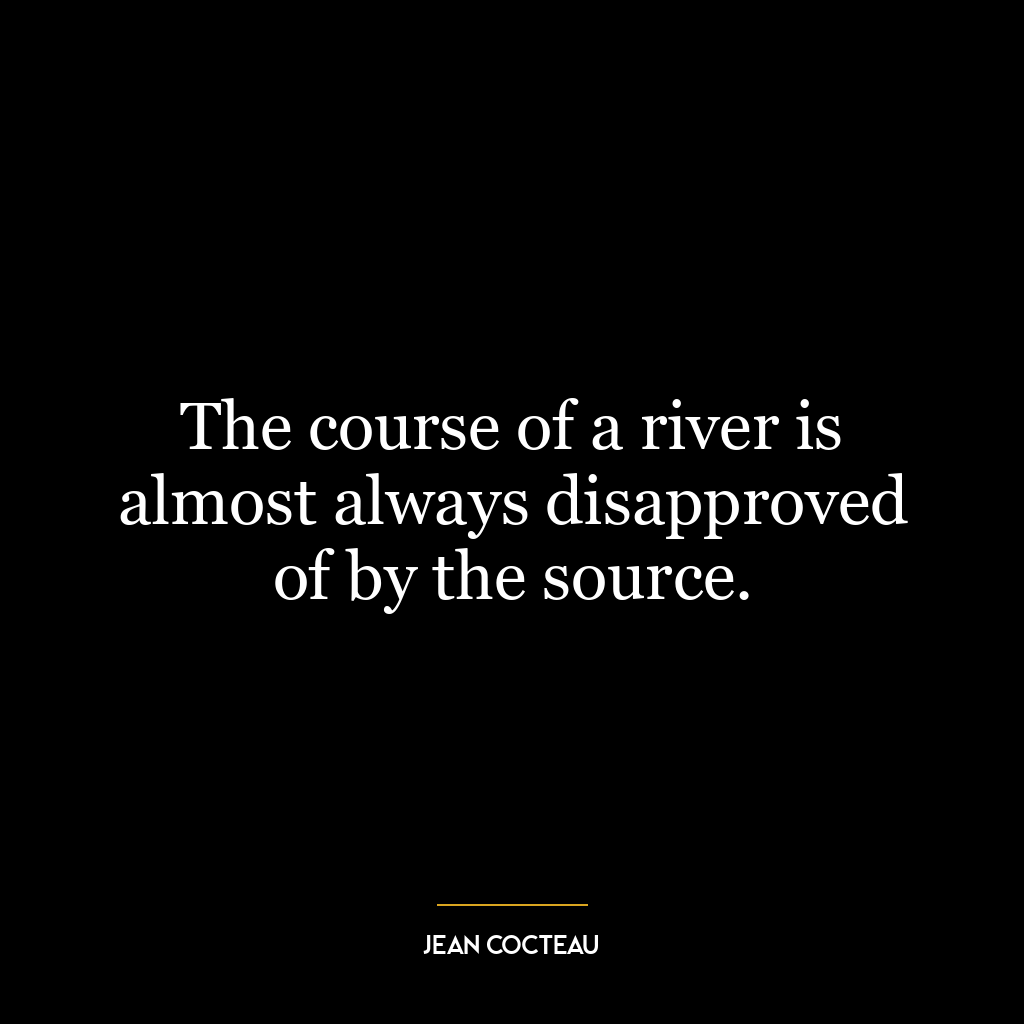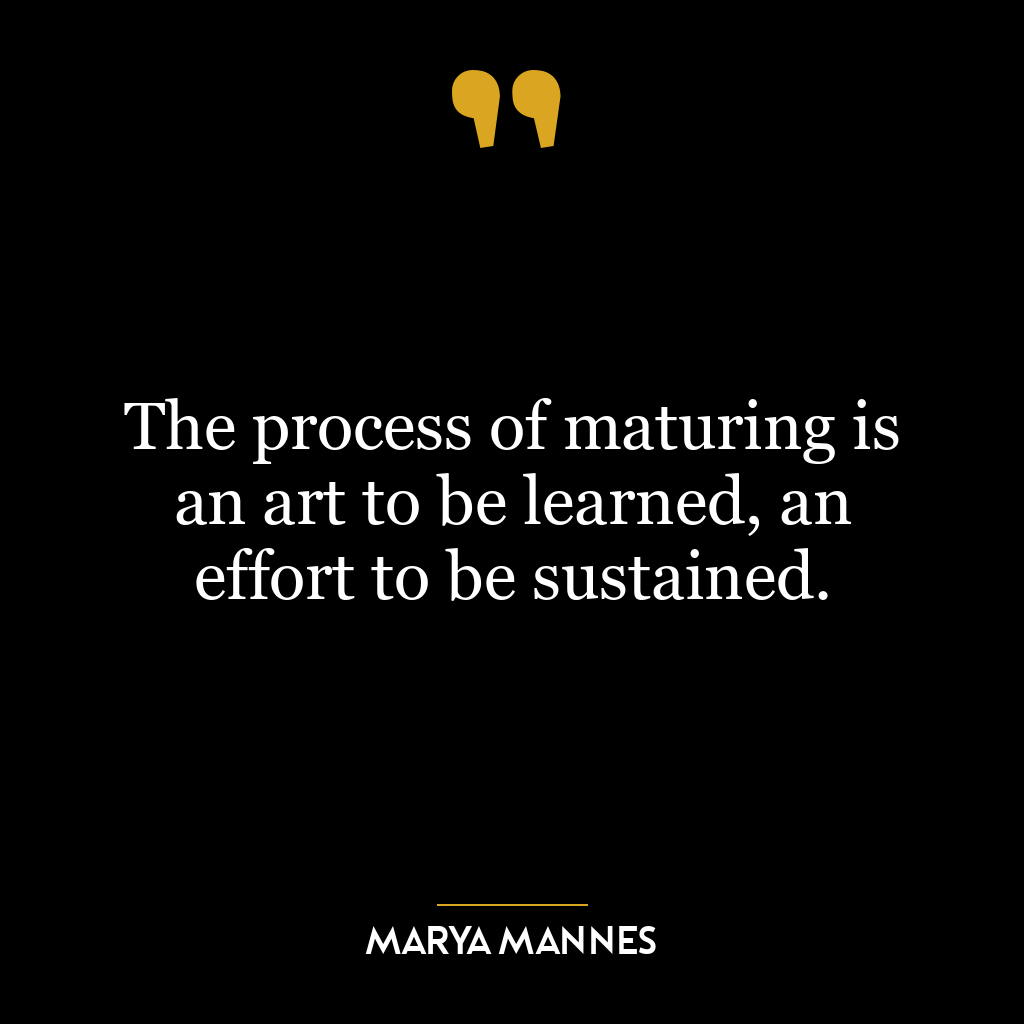This quote suggests that as an individual grows in their spiritual or moral journey, they become more aware of their imperfections and weaknesses. The “unholiness” represents these shortcomings. The process of becoming “holier” is not about achieving perfection but about the pursuit of self-improvement and gaining a deeper understanding of one’s own flaws.
The concept can be likened to the Dunning-Kruger effect in psychology, where individuals with low ability at a task overestimate their ability. As their skill improves, they recognize the gaps in their knowledge and underestimate their competence. Similarly, as one becomes more morally or spiritually enlightened, they become increasingly aware of how much further they have to go.
Applying this idea to today’s world or personal development means acknowledging that self-improvement is a lifelong journey. It encourages humility because no matter how much we grow or improve, there will always be room for more growth and improvement. This perspective promotes continuous learning and discourages complacency.
In terms of personal development, it serves as a reminder that recognizing our flaws isn’t necessarily negative; instead it can be seen as evidence of growth and increased self-awareness. It also suggests that we should not feel disheartened when we discover new areas for improvement within ourselves; rather we should see them as opportunities for further growth and enlightenment.
Moreover, this quote implies empathy towards others who may also be on similar journeys towards betterment but are at different stages: understanding our own unholiness helps us understand others’ struggles with theirs. This mutual understanding could foster patience, tolerance and supportiveness – qualities essential for creating harmonious relationships both personally and globally.








